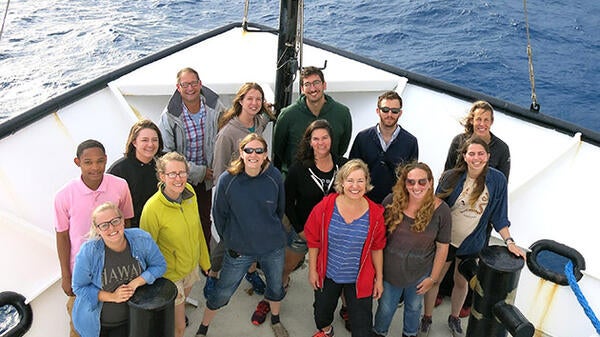Late last month, a four-day research cruise on the Sargasso Sea gave two local educators and a senior school student the opportunity to gain unique insight into what it means to live and breathe science aboard a working research vessel. The cruise was part of a project funded by the National Science Foundation (NSF) investigating the daily migrations of small marine zooplankton called copepods.
Scientist at Work: A Conversation with BIOS Biologist Amy Maas
February 09, 2015
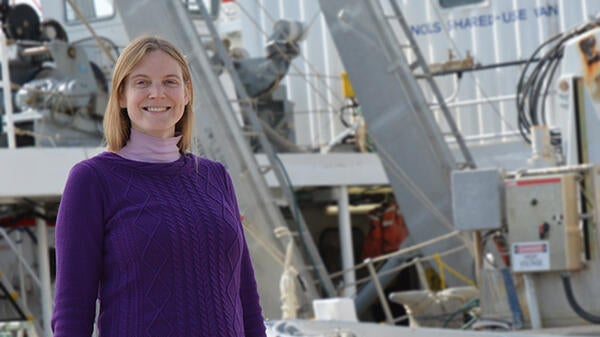
Pteropods, which live in all the world’s oceans, are tiny cousins of the snail that spend their lives swimming in open water and serving as a primary food source for larger marine life, including salmon, sharks, and whales. With their delicate shells, pteropods are also in peril from increases in ocean acidity, said biologist Amy Maas, a champion for pteropods. The changing ocean chemistry caused by burning fossil fuels is reducing the mineral that pteropods use to build their shells, causing slower shell growth and rendering them weak and fragile.
Capturing the Beauty of Underwater Flight
May 29, 2019
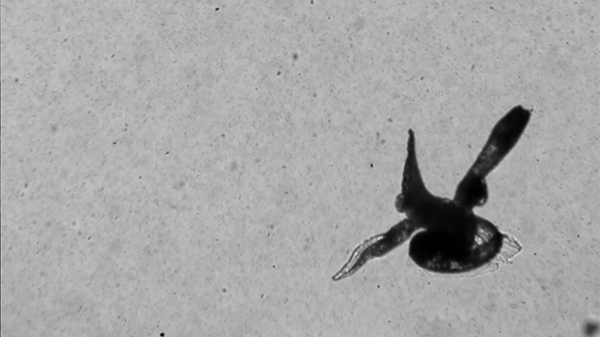
In mid-May artist Samm Newton drew the tubular mouthpiece, transparent shell, and delicate swimming foot of a heteropod from the Sargasso Sea, a type of tiny sea snail studied by BIOS biologist Amy Maas and collaborator David Murphy from the University of South Florida. Newton spent several hours repeatedly watching the video to reconstruct the creature’s anatomy. Her sketches will form the base of a series of much larger acrylic paintings destined for an upcoming Oregon-based art exhibit.
Scientists Improve Climate Predictions Using Tiny Marine Organisms
January 29, 2014
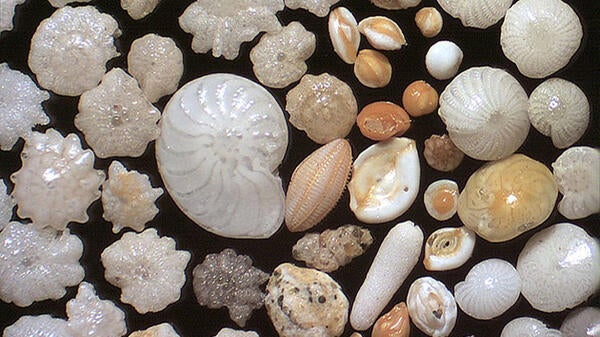
For researchers interested in the global climate system, understanding what the future holds often involves studying the climate of the past—a scientific field called paleoclimatology. To understand what Earth’s climate was like thousands, even millions, of years ago, paleoclimatologists rely on preserved physical evidence of climate information, such as tree rings, ice cores, and even the shells of marine microorganisms.
Using Foraminifera to Understand the Influence of Antarctic Intermediate Water
March 24, 2014
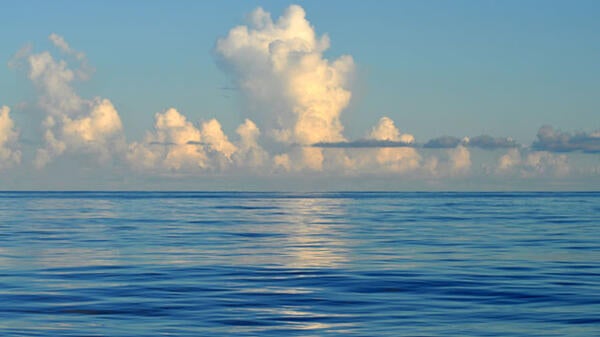
Earth’s climate system is influenced strongly by ocean currents that are located both at the surface, as well as in deep water below 1000m. Warm surface currents carry less dense water away from the Equator toward the poles, and cold deep currents carry denser water away from the poles. In this manner, ocean currents distribute heat energy and play a large role in regulating Earth’s weather and climate, in addition to cycling nutrients, salt, and gases such as carbon.
The Most Abundant Organisms You’ve Never Heard Of
January 26, 2020
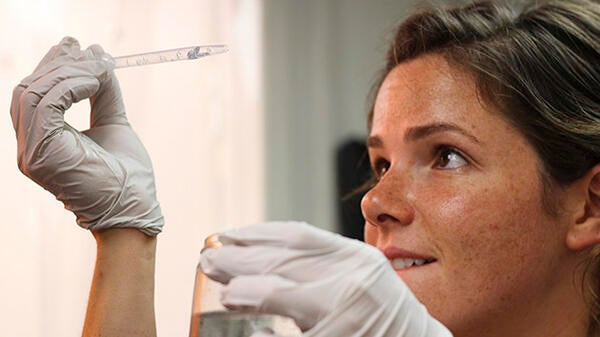
Plankton is a general term referring to any organism that does not have the ability to swim against prevailing currents. These organisms range from bacteria and viruses all the way to large gelatinous organisms, such as jellyfish.
BIOS Scientist and Board Member Supports Doctoral Student’s Research
June 30, 2020
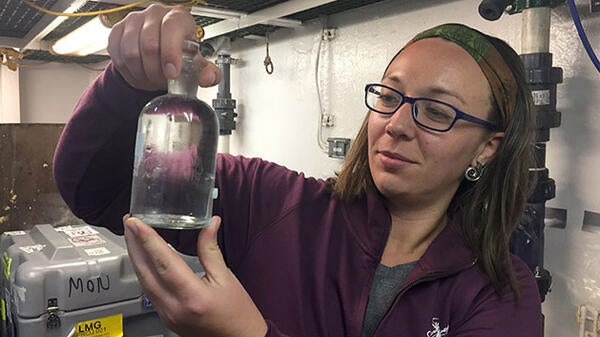
Scientific conferences are an important, if not essential, part of a scientist’s life, both in academic and applied research. These gatherings, which often take place on an international scale, offer attendees the chance to learn about novel research, give presentations on their own research, and develop professional collaborations that can result in publications and funding opportunities.
